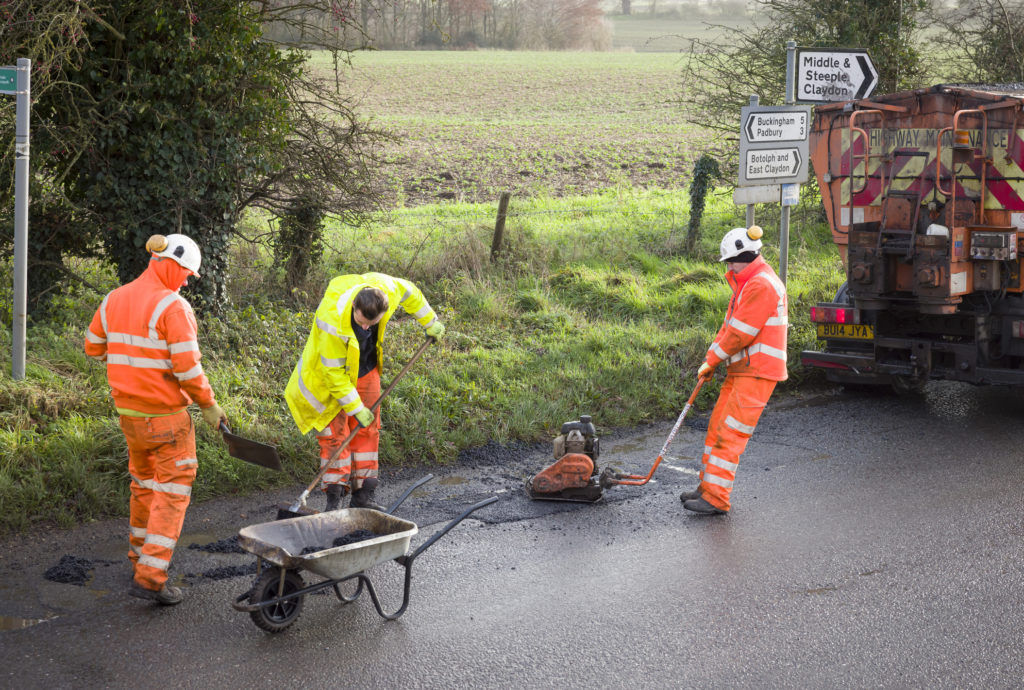The UK government road repair policy has been a topic of concern for many years, with the increasing number of potholes posing a significant threat to road safety and causing vehicle damage. The Tory government must consider implementing several changes to its current road repair policy to address this issue.

The state of the UK roads, particularly in Kent, are dreadful, with significant arteries having an issue; in my town, not one road does not have severe holes in the road, not one single road is clear, and just pushing tarmac into a hole does not solve the issue. When it rains hard, that tarmac breaks up and pops out, leaving, in most cases, a deeper hole!
Increased funding: The government should allocate more resources to local authorities to improve road maintenance and repair, allowing them to address the growing problem of potholes more effectively. They should make it clear that pothole repair funds are only for short quick repairs and not for long-term road maintenance.
Prioritisation of maintenance: The government must prioritise road maintenance in their infrastructure plans. Ensuring that existing roads are well-maintained should take precedence over constructing new roads, as neglecting maintenance leads to a more rapid deterioration of road surfaces.
Preventative maintenance: Implementing a proactive approach to road repair, focusing on preventative care, can help identify potential problem areas before they develop into dangerous potholes. This approach can save both time and money in the long run. In the US, for example, some states refer to the seasons as Winter and Roadworks because they rotate roads for full resurfacing every few years, so it is constantly being repaired in Spring, Summer and Autumn, but the streets do not develop potholes.
Improved reporting and tracking: Encouraging drivers to report potholes through easy-to-use apps or websites can help authorities quickly identify and fix problem areas. Additionally, authorities should maintain a centralised database to track the progress of repairs and measure the effectiveness of the road repair policy.
Innovative materials and techniques: The government should invest in research and development to explore innovative materials and techniques for road repair, such as self-healing asphalt or more durable materials that can withstand weather fluctuations and heavy traffic.
Performance-based contracts: When awarding contracts for road maintenance, the government should prioritise performance-based contracts, which can incentivise contractors to complete high-quality work and ensure roads remain in good condition for more extended periods.
Collaboration with stakeholders: The government should work closely with local authorities, businesses, and drivers to identify the most pressing issues related to road maintenance and devise practical solutions. This collaborative approach can lead to more efficient and sustainable road repair policies.

In conclusion, by implementing these strategies, the UK government can address the growing issue of potholes and improve the overall quality of the country’s roads. Such improvements will enhance road safety, reduce vehicle repair costs, and contribute to a more sustainable infrastructure system.





